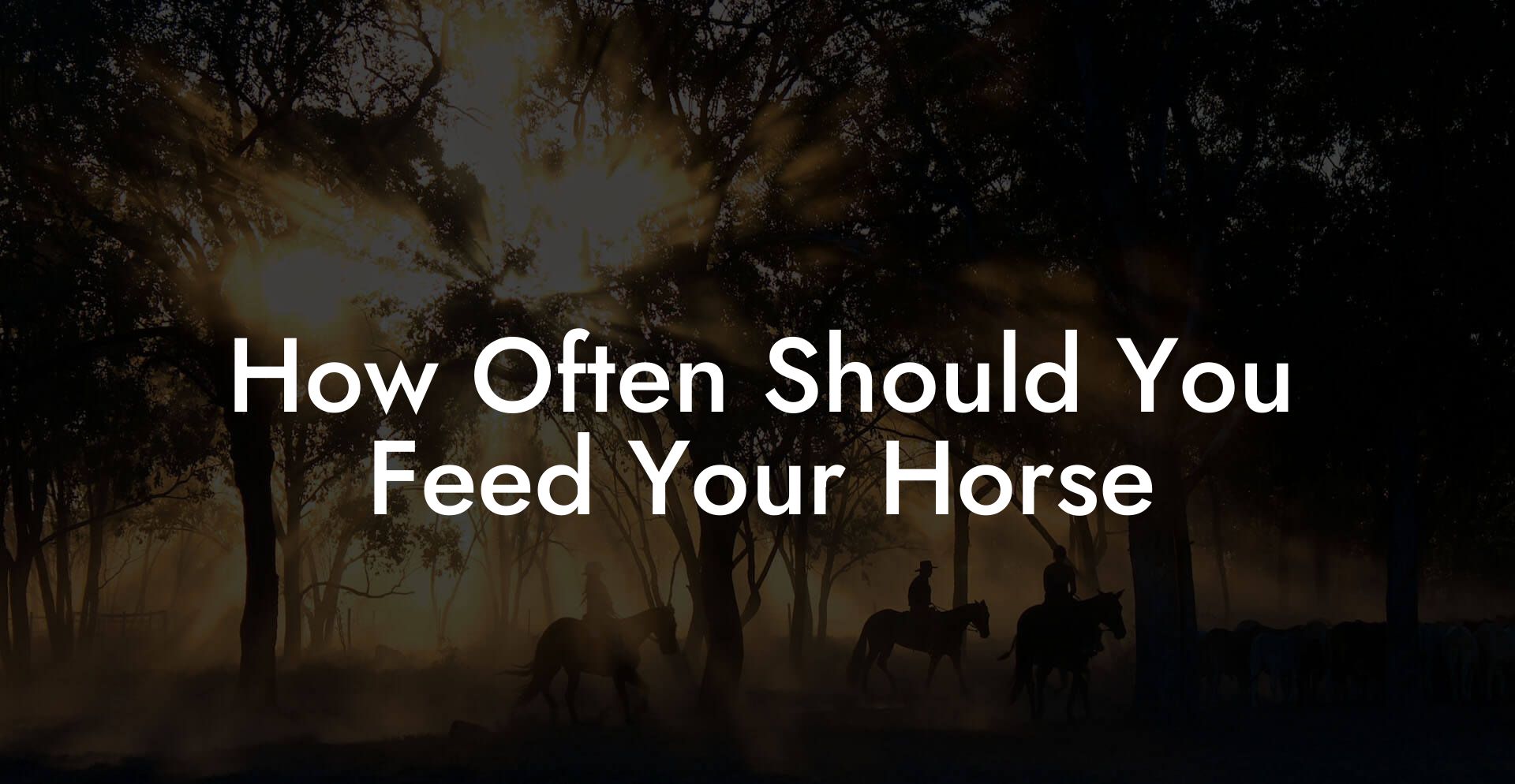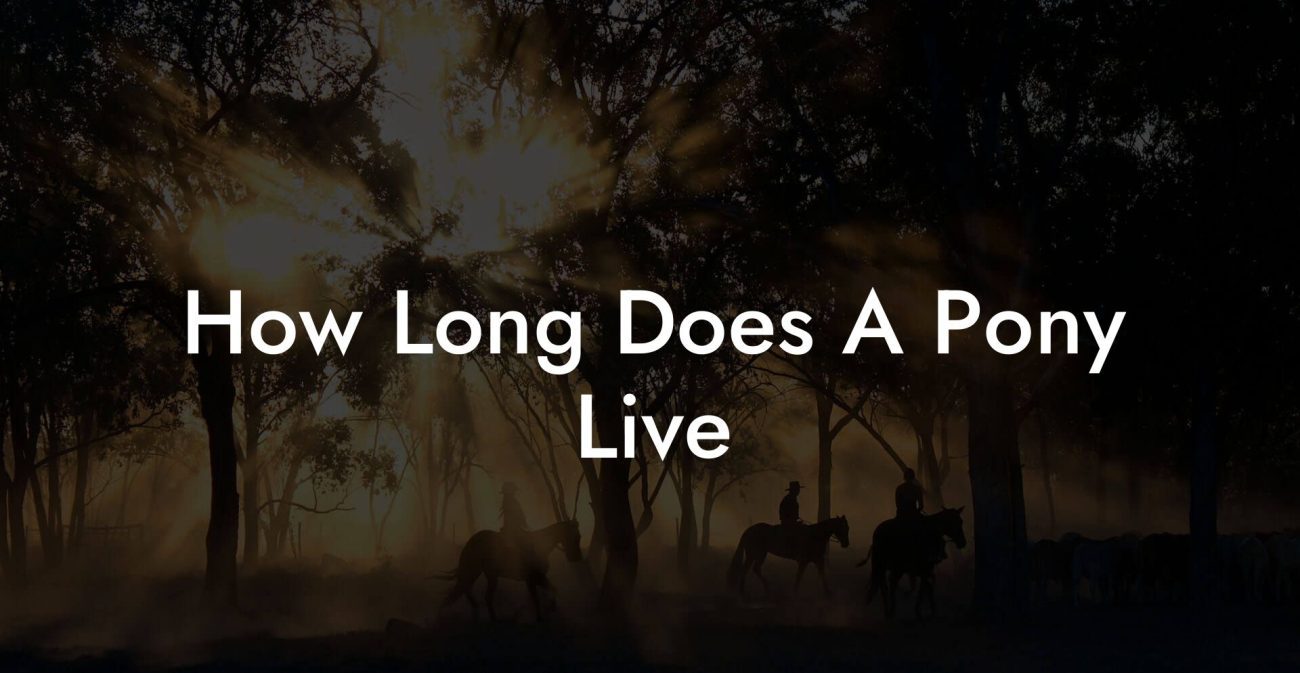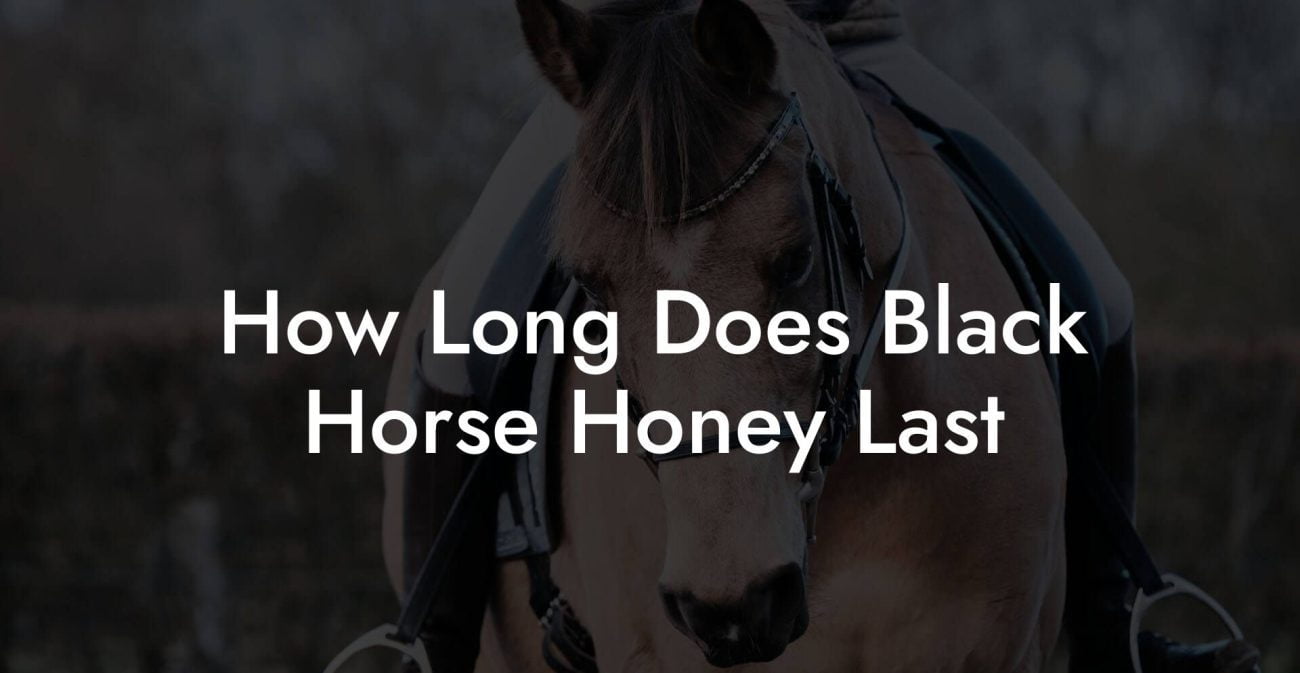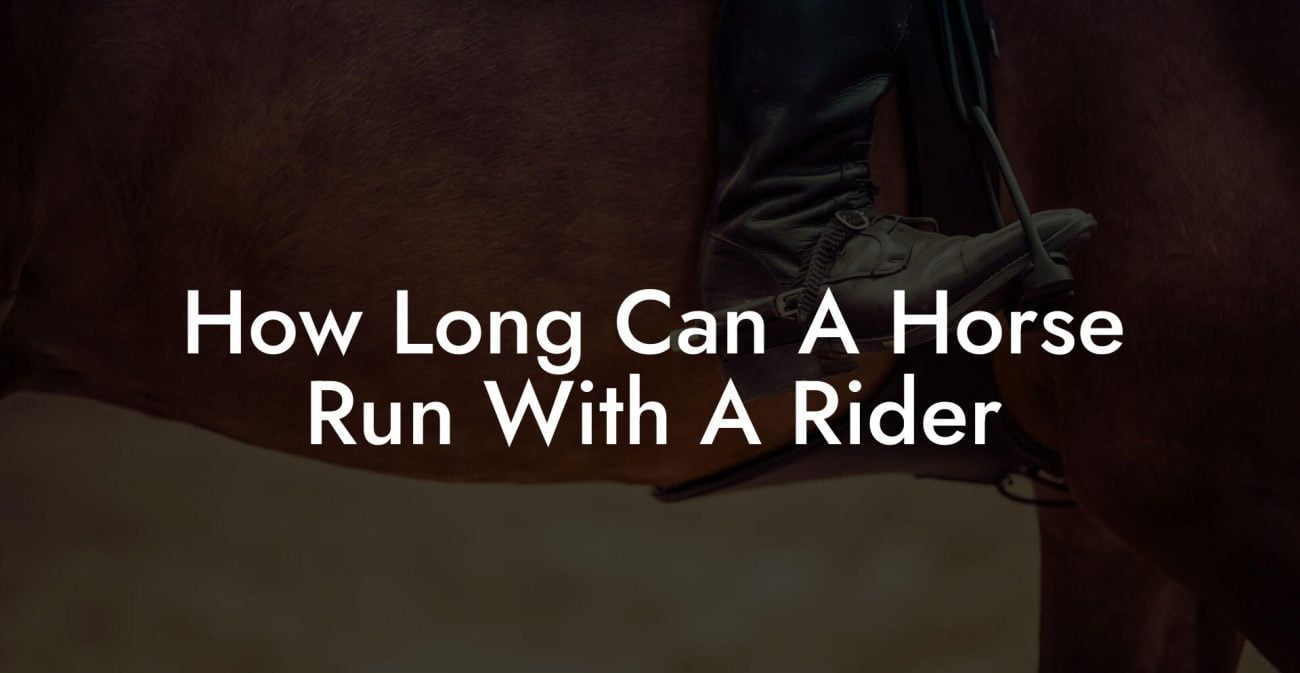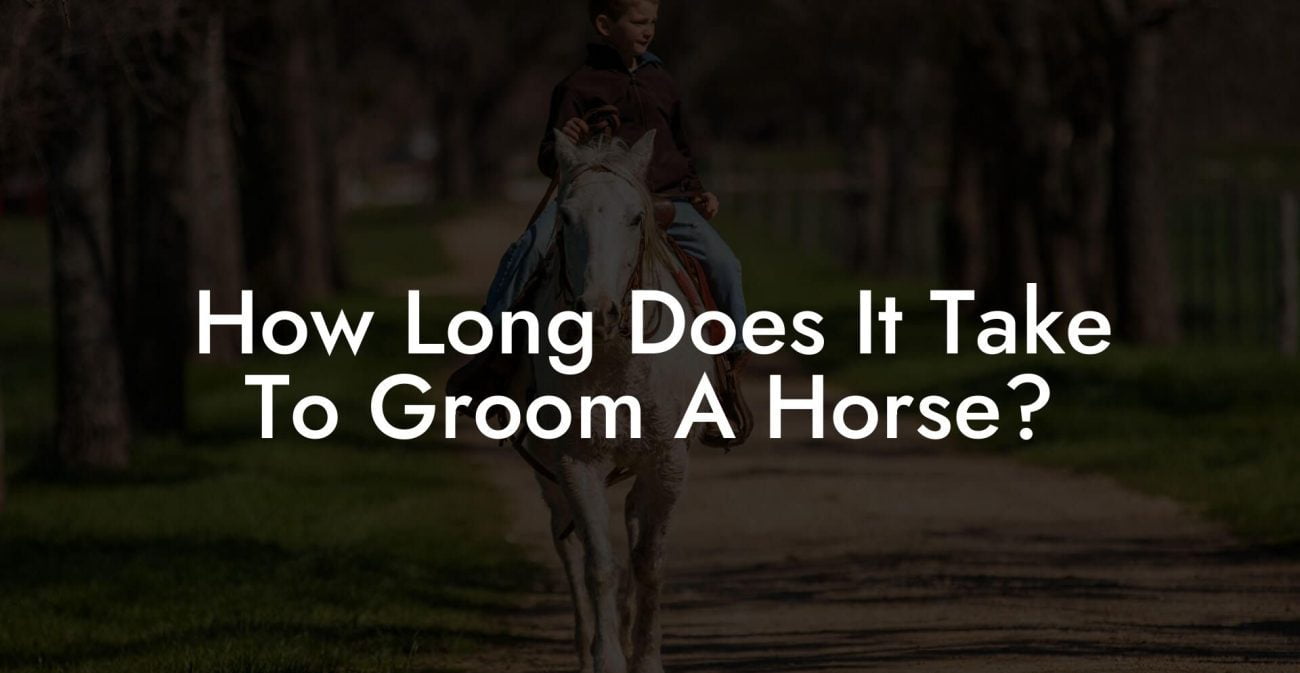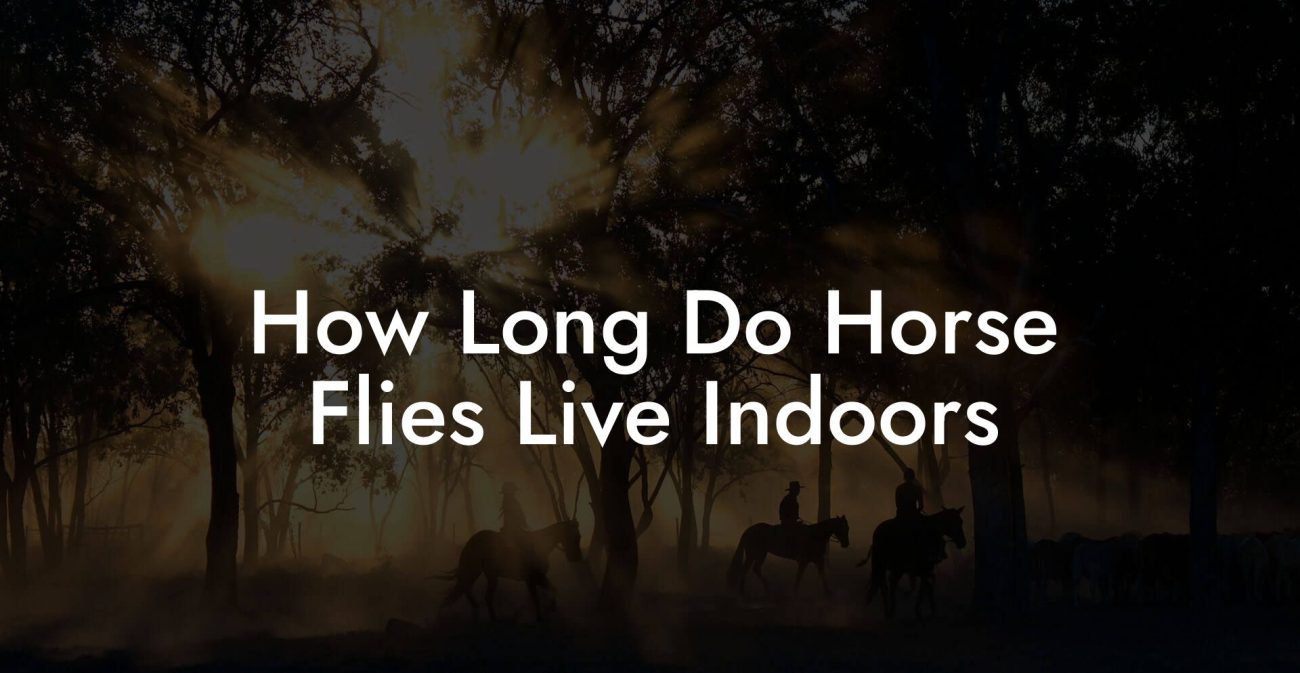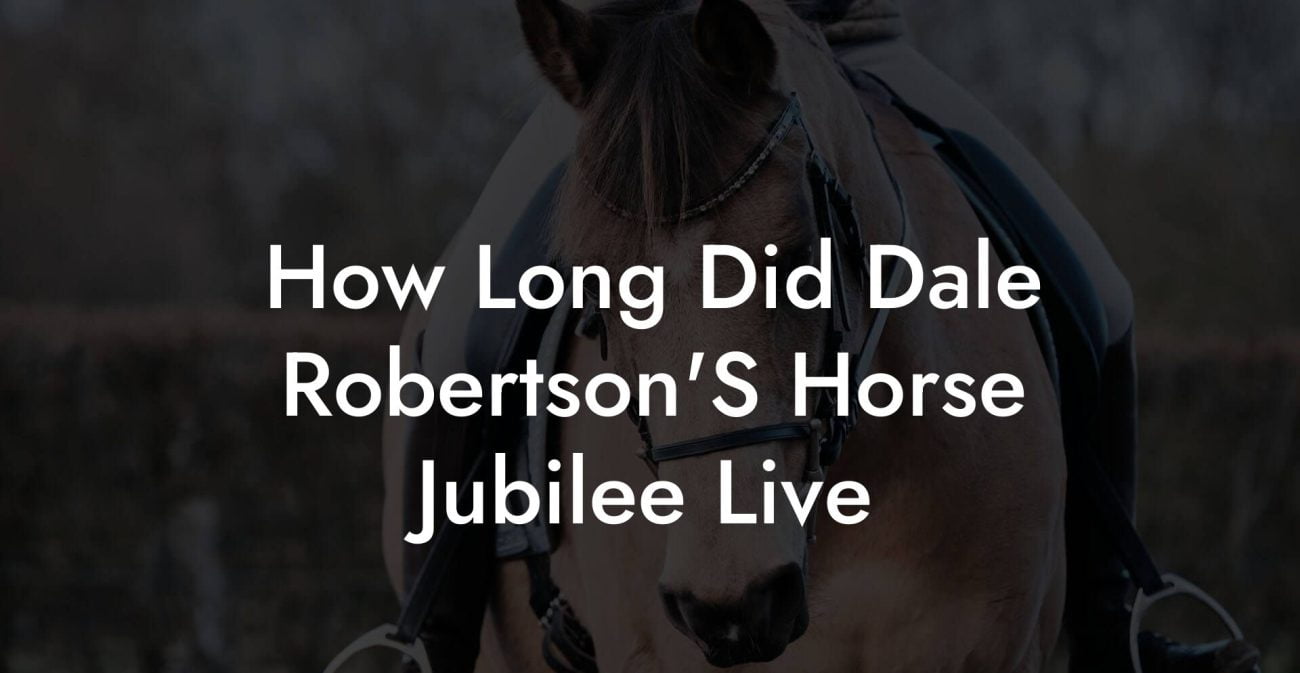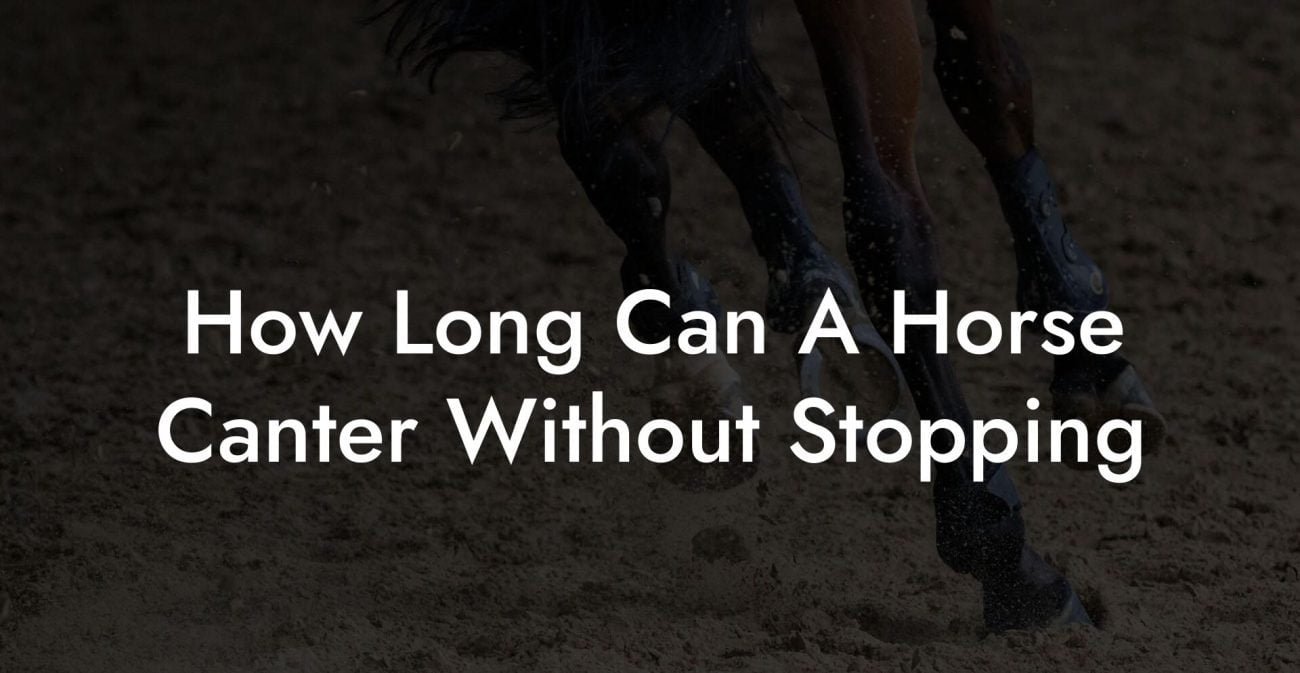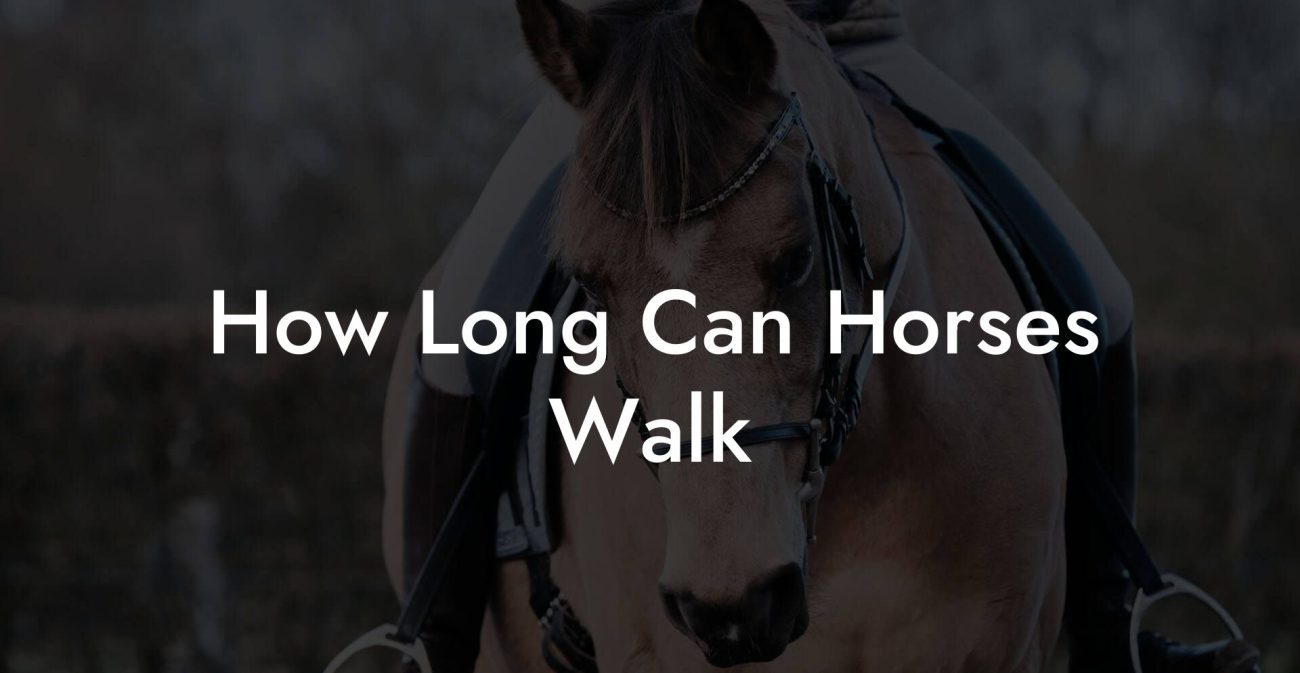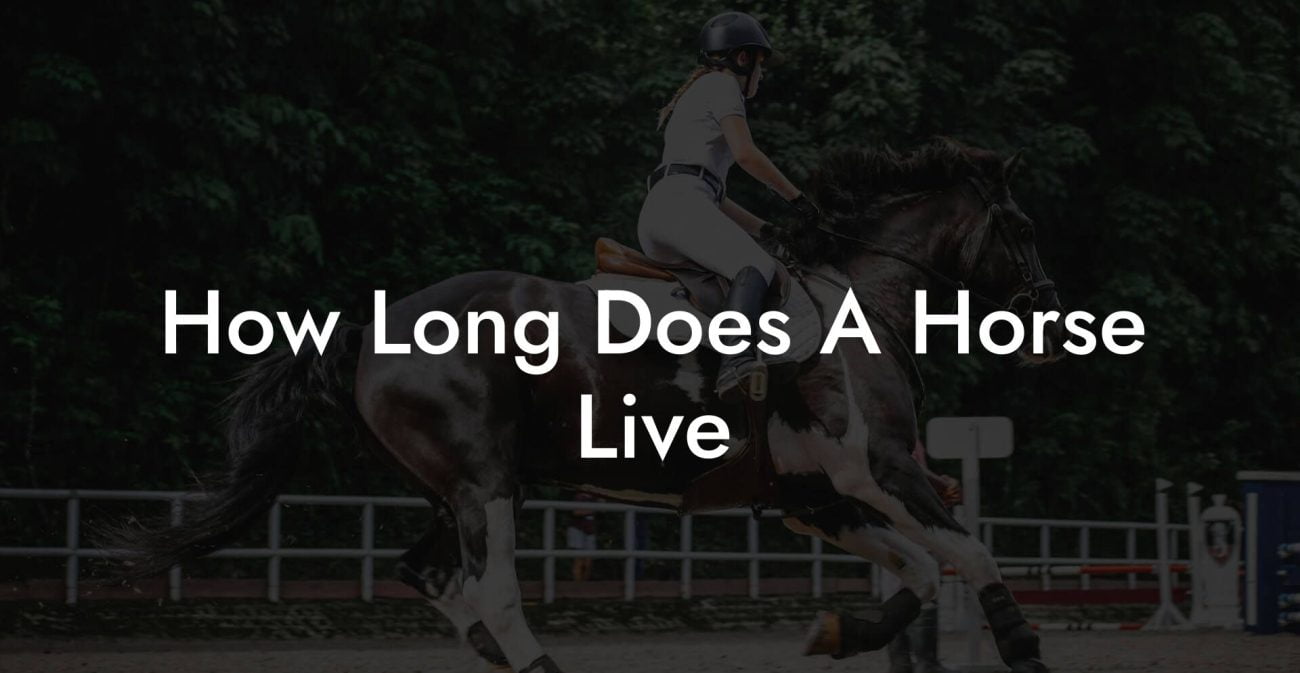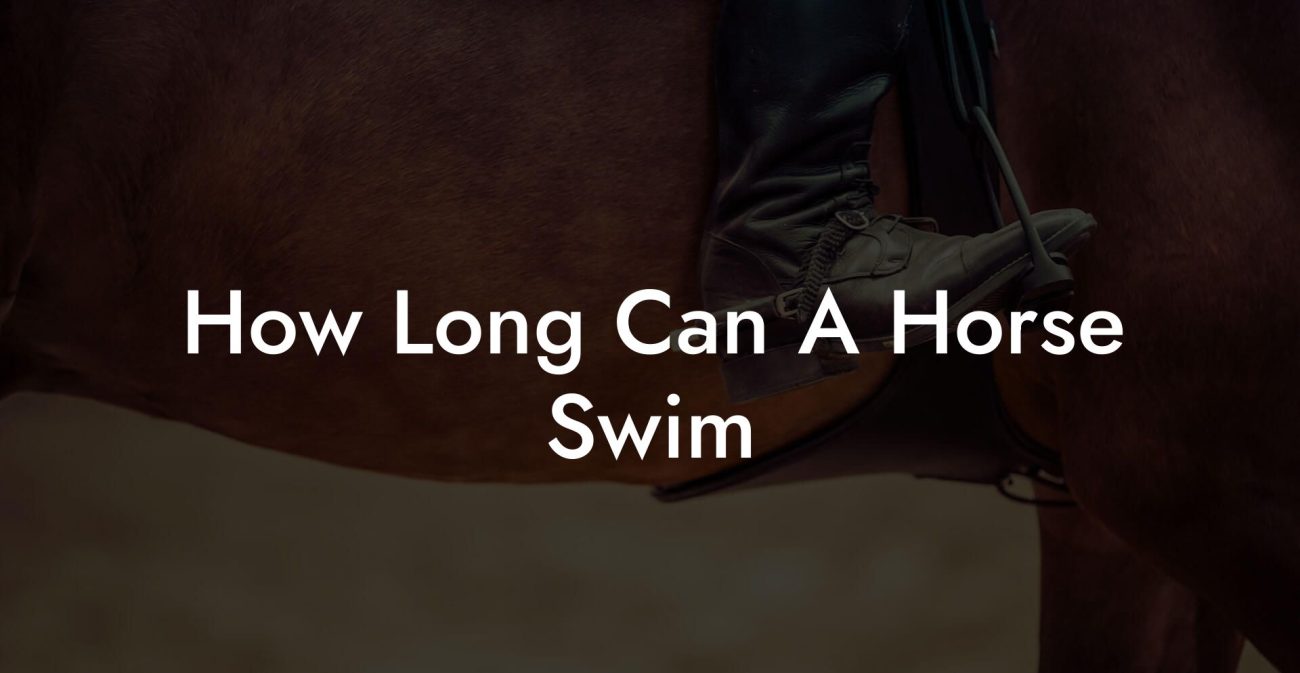Ever wondered if your horse's dining habits could rival your favorite foodie’s obsession with trendy brunch spots? Let’s deep dive into the art and science of feeding your equine friend, because just like your favorite avocado toast, timing and quality matters. Whether you're a seasoned equestrian or a millennial who’s just saddling up for the first time, this guide will transform the way you think about horse nutrition, feeding frequency, and overall care. Get ready to unleash some serious pony power with a schedule as balanced as your Spotify playlist!
Quick Links to Useful Sections
- Understanding Horse Nutrition: More Than Just Hay and Oats
- How Often Should You Feed Your Horse? The Golden Feeding Rhythm
- Factors That Influence How Often You Should Feed Your Horse
- 1. Age and Stage of Life
- 2. Workload and Activity Level
- 3. Type of Forage Available
- 4. Weather and Season
- 5. Health and Digestive Concerns
- Designing the Ideal Feeding Schedule: Balancing Art and Science
- Morning Kickstart: The Sunrise Feast
- Midday Munchies: The Grazing Groove
- Evening Indulgence: The Sunset Snack
Understanding Horse Nutrition: More Than Just Hay and Oats
Horses have been our loyal companions for centuries, prancing around battlefields and basking in the glory of agricultural revolutions. In modern times, though, they have evolved into sophisticated athletes and cherished pets with nutritional needs that go far beyond a simple bucket of oats. The way you feed your horse is as crucial as choosing the perfect filter for your Instagram feed. And guess what? It’s not a one-size-fits-all scenario.
At its core, horse nutrition involves a delicate balance of forage, concentrates, and fresh water. Forage, which includes hay, grass, and silage, is the staple of a horse’s diet. Think of it as the whole-grain bread in your diet: high in fiber and essential for digestive health. Concentrates, like grains and specially formulated horse feeds, provide the extra calories for energy, especially when your horse is working hard or growing fast. And, of course, water is the unsung hero that ties the entire nutritional picture together.
A well-fed horse is not only healthy but also more vibrant, energetic, and ready to perform. Just as you wouldn’t fuel your day with nothing but cold brew coffee, feeding your horse the right balance of nutrients is essential for optimum performance and well-being.
So, let’s break down this nutritional puzzle by diving deep into how often you should feed your horse and the different factors that impact its feeding schedule.
How Often Should You Feed Your Horse? The Golden Feeding Rhythm
If you’re picturing your horse chowing down at a set time like clockwork, you’re partly right, but there’s nuance! Unlike humans who enjoy three square meals a day, horses are natural grazers. Their digestive systems are designed to process small, frequent meals. In the wild, a horse can spend up to 16 hours a day grazing on grasses, nibbling away throughout the day.
In a managed environment, you’ll typically feed your horse two to three times a day. Most horse owners stick to this rhythm for a few practical reasons:
- Digestive Health: Constant grazing is key to preventing digestive upsets and colic. A constant supply of forage keeps the gut active and maintains a steady flow of nutrients.
- stable Routines: Horses thrive on routine. Consistent feeding times reduce stress and help maintain overall well-being.
- Energy Levels: Frequent small meals provide a more efficient energy supply, crucial for performance horses, growing foals, or those in heavy work.
However, if you’re a busy Gen-Z or millennial with an ever-changing schedule, you might wonder: can you adapt your horse’s feeding schedule to your unconventional lifestyle? The answer is yes, but always remember that any schedule changes should prioritize your horse’s digestive needs. Planning ahead with automated feeders or having a trusted feeding partner can ensure your horse maintains a healthy grazing schedule even if your day gets unpredictable.
In short, the golden rule is to aim for two or three meals per day along with unlimited access to forage whenever possible. Think of it as keeping your feed plan as dynamic and eclectic as your Spotify playlists, but always with a focus on consistency and quality.
Factors That Influence How Often You Should Feed Your Horse
Just as your mood might be influenced by that extra shot of espresso, your horse’s feeding schedule isn’t standalone; it is a dynamic balance of multiple factors. Let’s break down these critical elements:
1. Age and Stage of Life
Foals, adult horses, and seniors each have unique nutritional demands. Foals require more frequent and nutrient-rich feedings to support rapid growth, often grazing almost continuously. Adult horses, particularly those in moderate work, thrive on a combination of forage and concentrates spread out through the day. Older horses may have decreased digestive efficiency and thus benefit from smaller, more frequent meals.
2. Workload and Activity Level
An athletic, race-ready horse burning calories with every gallop will have higher energy needs compared to a laid-back pasture pal. Active horses may need additional concentrates and a more controlled feeding schedule to avoid energy crashes or digestive issues.
3. Type of Forage Available
The quality and type of forage also play a big part. Fresh pasture can sometimes be left out all day, providing a steady nutritional intake. Hay, on the other hand, might be fed in scheduled amounts to prevent spoilage and wastage.
4. Weather and Season
When the chill sets in or during frosty mornings, a horse might require extra calories to keep warm. In hot weather, water intake comes to the forefront, and feeding schedules might need slight adjustments to avoid dehydration or heat stress.
5. Health and Digestive Concerns
Horses with sensitive stomachs or a history of colic require extra attention. Dividing feed into smaller, more frequent meals aids in smooth digestion and minimizes the risk of digestive upsets.
Understanding these variables ensures that you’re not just feeding your horse on a timer but rather providing a holistic and mindful approach to equine nutrition.
Designing the Ideal Feeding Schedule: Balancing Art and Science
Creating a feeding schedule that’s both effective and adaptable isn’t rocket science, it’s more like orchestrating a symphony. Every instrument (or factor) must harmonize perfectly for your horse’s dietary needs to be fully met. Here’s a blueprint to craft that ideal routine:
Morning Kickstart: The Sunrise Feast
Just like you wouldn’t skip your morning cereal (or that artisanal coffee run), your horse benefits from a hearty morning meal. Aim to offer fresh hay or pasture access right at dawn. For horses that require extra energy for morning training sessions, consider supplementing with a balanced concentrate.
Midday Munchies: The Grazing Groove
The midday meal is less about a big gulp of food and more about sustaining energy. Many modern stables provide continuous access to quality hay throughout the day, mimicking a natural grazing lifestyle. If your horse’s workload ramps up midday, a smaller portion of grain or a specially formulated feed can boost energy without overloading the digestive system.
Evening Indulgence: The Sunset Snack
As the day winds down, a second, well-timed feeding helps maintain a steady digestive process overnight. Whether it’s another round of hay or a light concentrate meal, the evening feeding acts as a bridge, ensuring your horse isn’t left grazing too long without nutrients.
Remember, every horse is unique, just as every playlist has its exclusive mix of bops and ballads. Consulting with a nutritionist or an experienced equine professional can further fine-tune these guidelines to match your horse’s exact needs.
Pro tip: maintain a feeding log to track what your horse eats and when. Not only does this help monitor dietary intake, but it also provides invaluable insights if any digestive issues arise.

